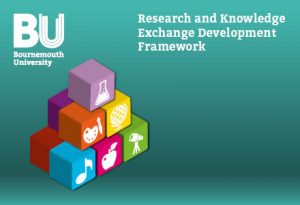 We’re excited to share …
We’re excited to share …
some great RKEDF training opportunities coming up in February 2024.
Click on the titles to find details and book your place to the upcoming events.
Online RSA Drop-In meeting
Wednesday 7th January, 10:30-11:00 Online
Meet your RSA reps, hear updates on how BU is implementing the Research Concordat and give feedback or raise concerns that will help to develop and support the research community at BU
Principal Investigation
Wednesday 7th February, 14:00-15:00 at Lansdowne Campus
This session is aimed at any researcher who is, who plans to be, a Principal Investigator for an externally funded research or knowledge exchange project.
Work Life Balance
Wednesday 7th February, 13:00-14:00 Hybrid
The session aims to discuss approaches to setting and maintaining healthy work/life balance whilst also managing the demands of their role.
Introduction to RED – The Research & Enterprise Database
Thursday 8th February, 10:00-10:30 Online
An overview of the Research & Enterprise Database and how to use RED to identify your supporting pre and post award officers.
Anatomy of an impact case study
Tuesday 13th February, 13:00-15:00 at Talbot Campus
The structure of an impact case study, what makes an excellent case study and what you will need in order to start building an impact case study from your own research.
BA ECRN event – Med Hums
Wednesday 21st February 2024, 11:00 – 16:00 at Talbot Campus
This event brings together researchers in Medical and Health Humanities at BU from across the faculties of HSS, MMC and SciTech, inviting them to highlight the main challenges of working within this varied and interdisciplinary field.
Introduction to health economics
Wednesday 21st February 2024, 10:00 – 15:30 at Talbot Campus
This course is aimed at academics of all levels that are interested in gaining an overview of health economics and how this can be applied to research projects.
For any further information, please contact RKEDF@bournemouth.ac.uk
In December, 12.5% of colleagues who booked a session did not actually attend. Please, help us to avoid any waste of resources; make sure you can attend or cancel your booking ahead of the session.

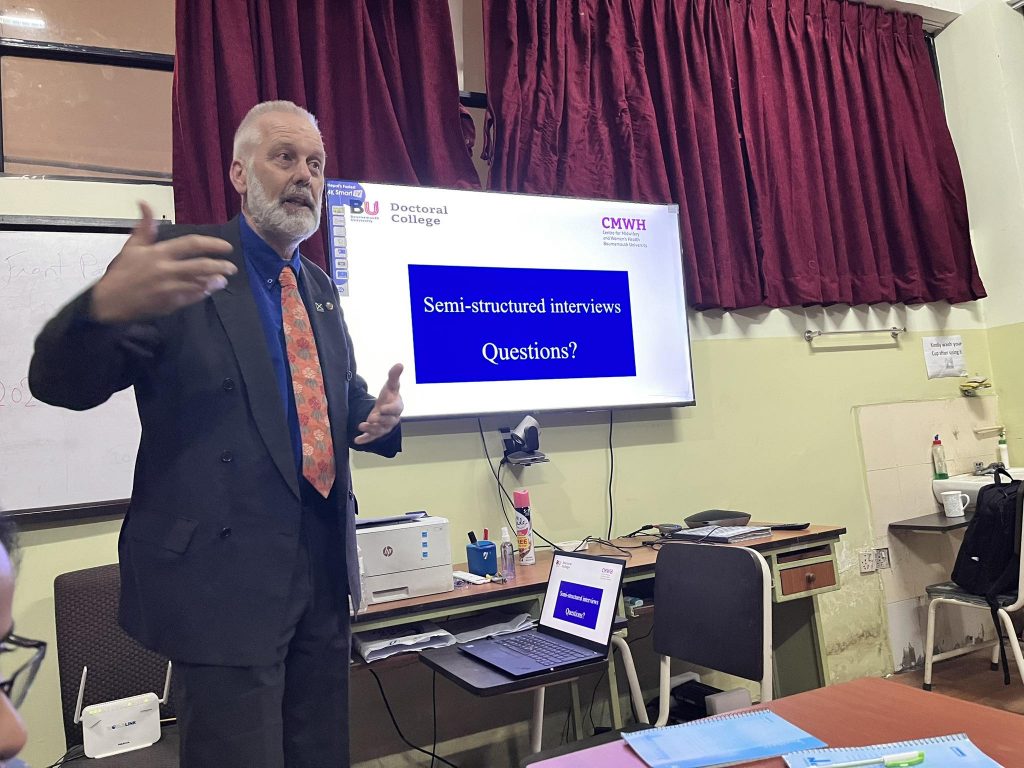
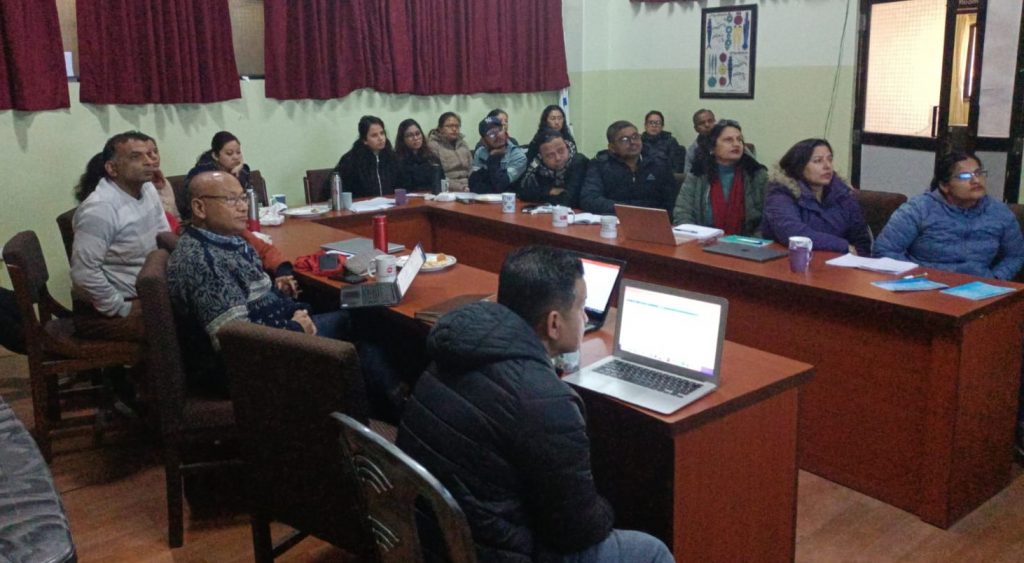
 Final round-up of the year from Parliament
Final round-up of the year from Parliament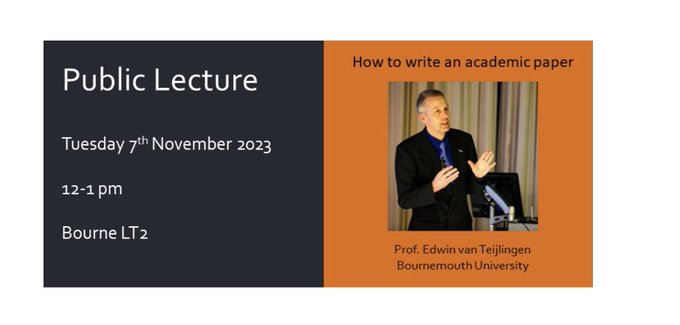 Professor Edwin van Teijlingen in the Centre for Midwifery & Women’s Health (CMWH) has been invited to speak at Royal Holloway, University of London, about writing an academic paper. His public lecture will be coming Tuesday lunch time in the appropriately named ‘Bourne Lecture Theatre’ at Royal Holloway. Prof. van Teijlingen, together with several Bournemouth University (BU) colleagues, has published a text book [1], several book chapters [2-18] and a large number of papers [19-38] about a wide-range of aspects of academic writing and publishing. One of former BU academics, who co-authored a book chapter [10], and two papers [21, 25], is Dr. Preeti Mahato. She is Lecturer in Global Health at Royal Holloway as well as Visiting Faculty in BU’s Faculty of Health & Social Sciences.
Professor Edwin van Teijlingen in the Centre for Midwifery & Women’s Health (CMWH) has been invited to speak at Royal Holloway, University of London, about writing an academic paper. His public lecture will be coming Tuesday lunch time in the appropriately named ‘Bourne Lecture Theatre’ at Royal Holloway. Prof. van Teijlingen, together with several Bournemouth University (BU) colleagues, has published a text book [1], several book chapters [2-18] and a large number of papers [19-38] about a wide-range of aspects of academic writing and publishing. One of former BU academics, who co-authored a book chapter [10], and two papers [21, 25], is Dr. Preeti Mahato. She is Lecturer in Global Health at Royal Holloway as well as Visiting Faculty in BU’s Faculty of Health & Social Sciences.
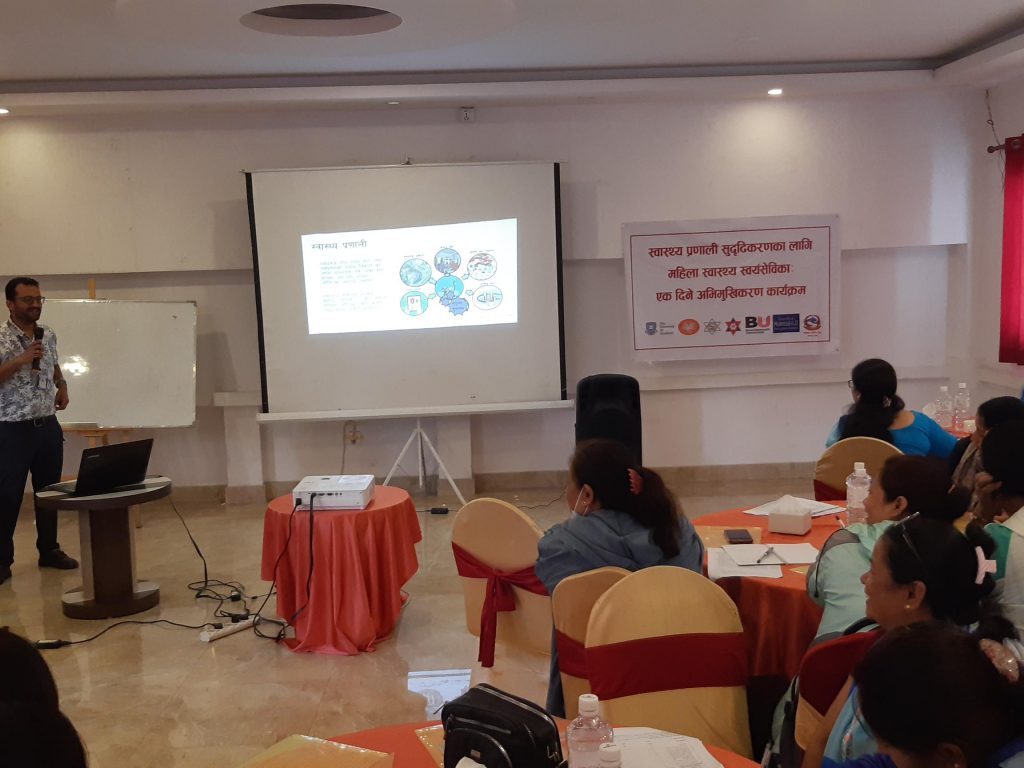
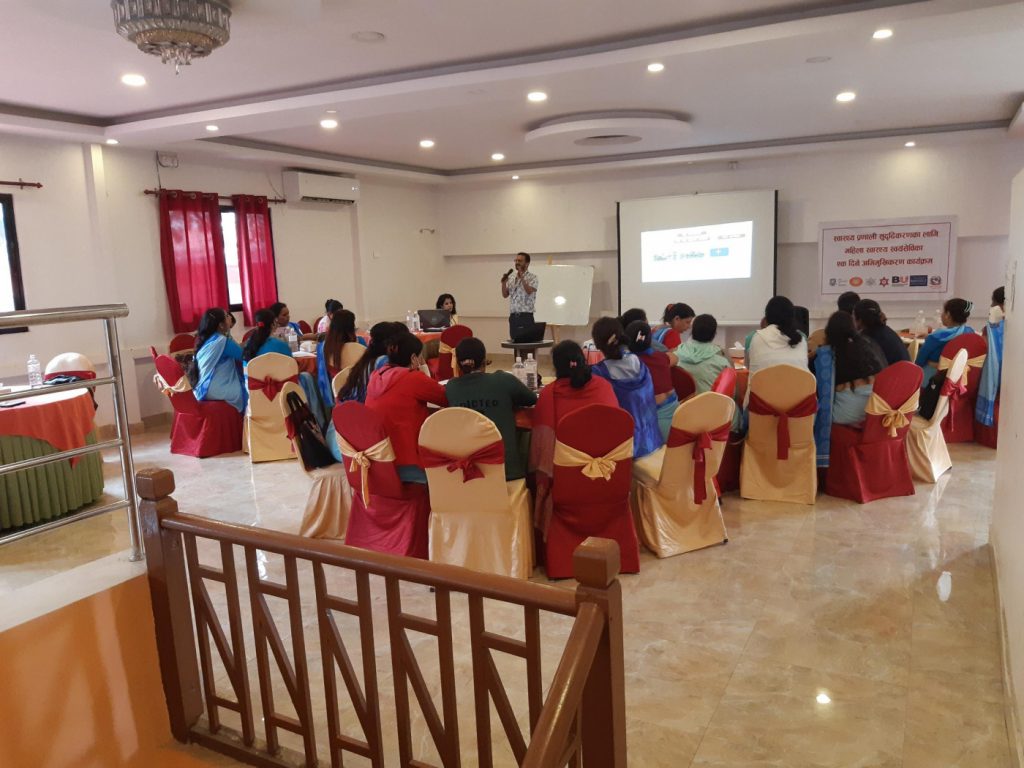


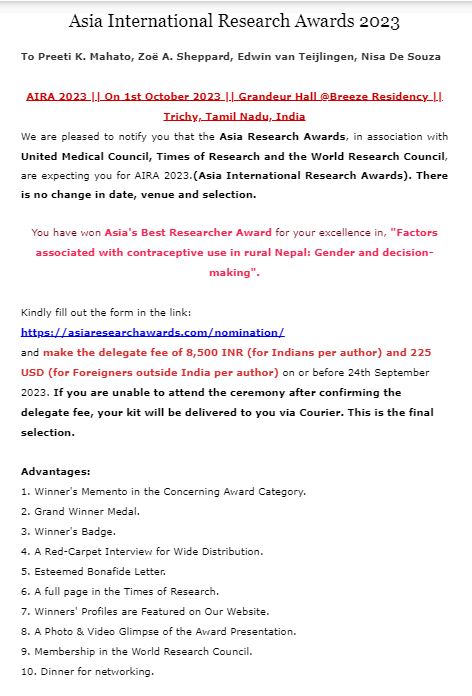

 The Wellcome trust ECR award is for researchers from any discipline with up to 3 years post-doctoral experience doing research that has the potential to improve human life, health and wellbeing. This session is aimed at research leads, Early Career Researchers and mentors.
The Wellcome trust ECR award is for researchers from any discipline with up to 3 years post-doctoral experience doing research that has the potential to improve human life, health and wellbeing. This session is aimed at research leads, Early Career Researchers and mentors.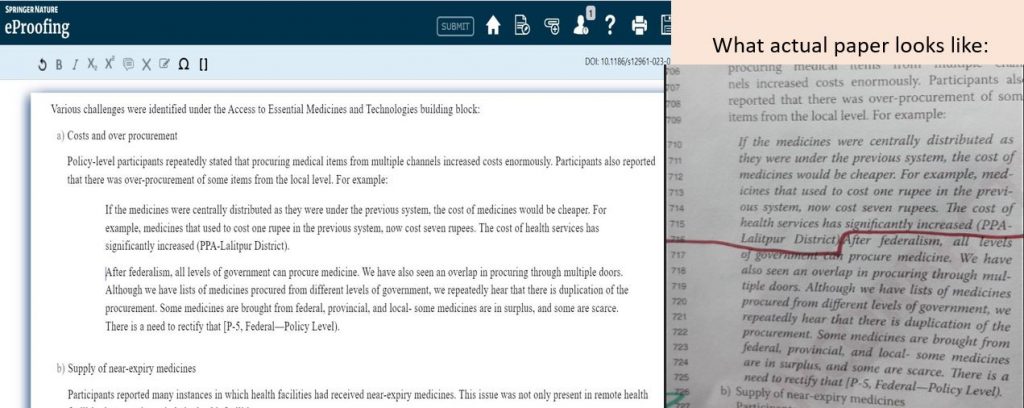
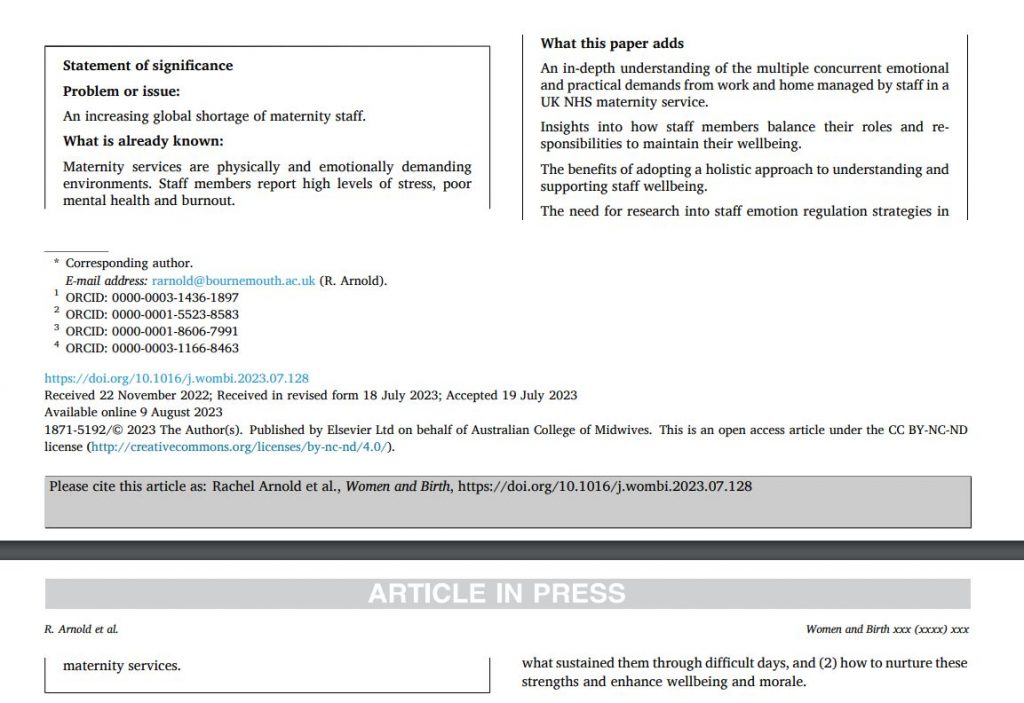
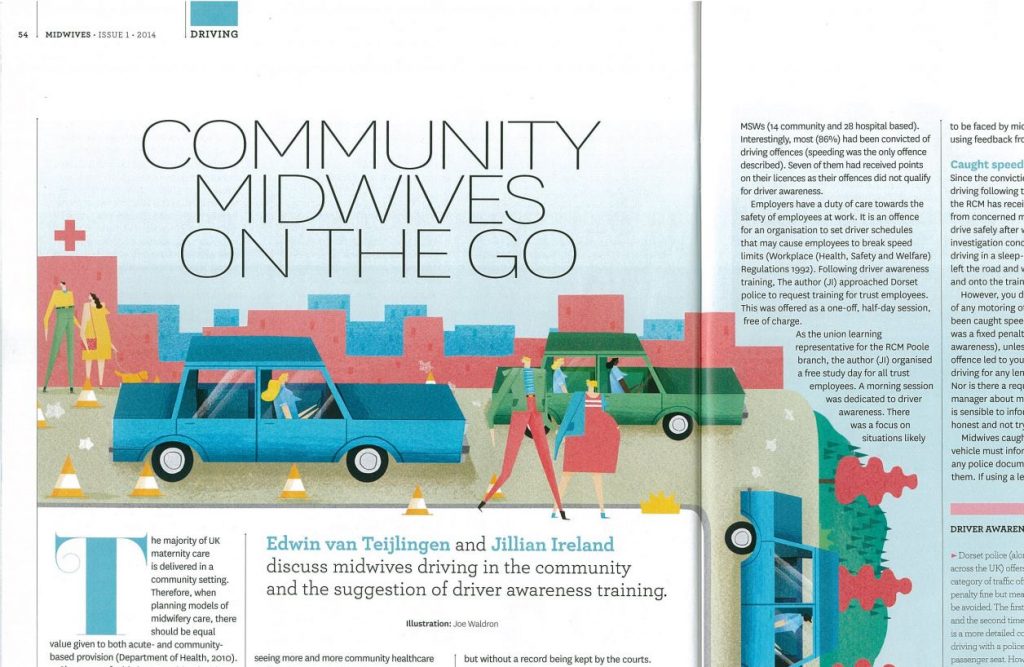
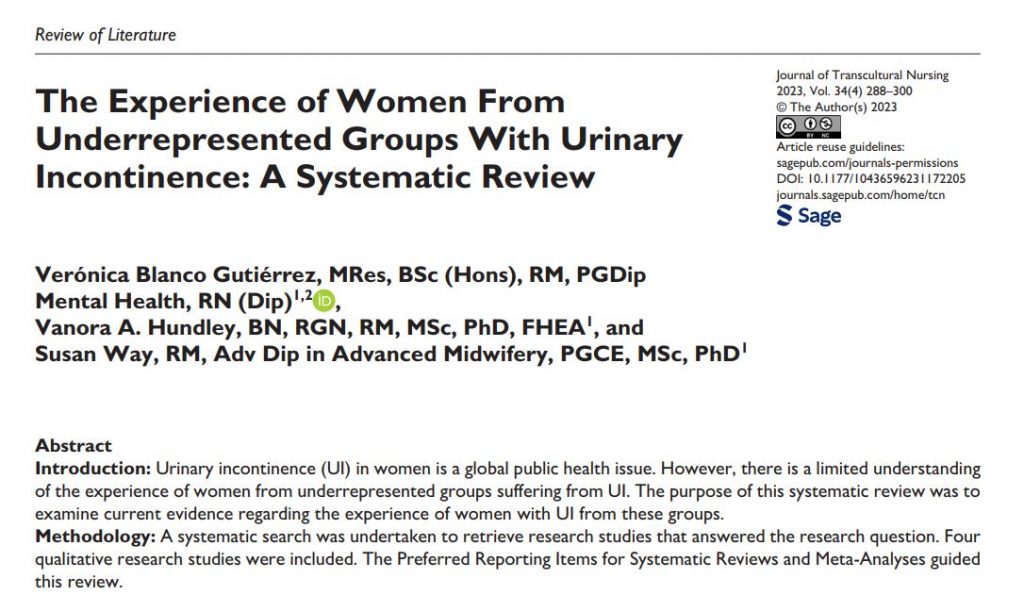
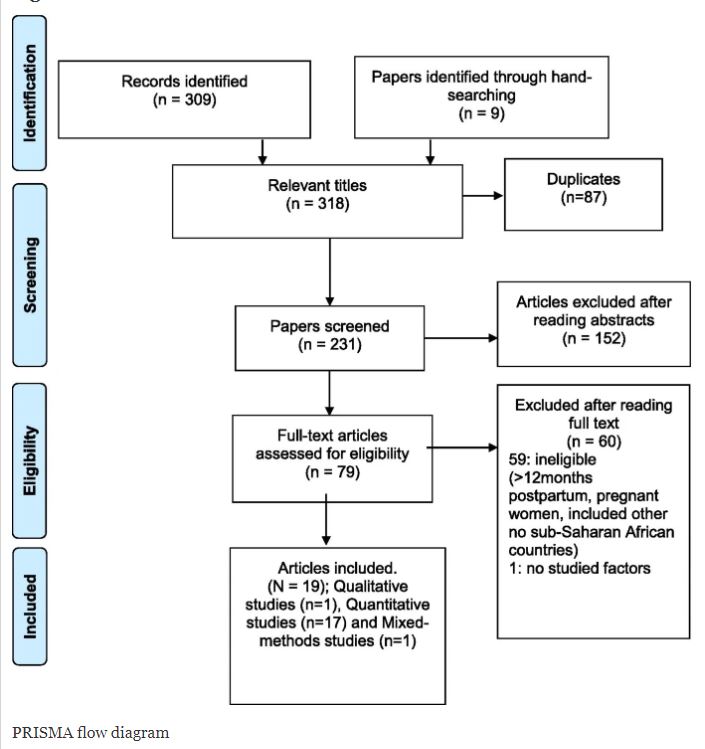
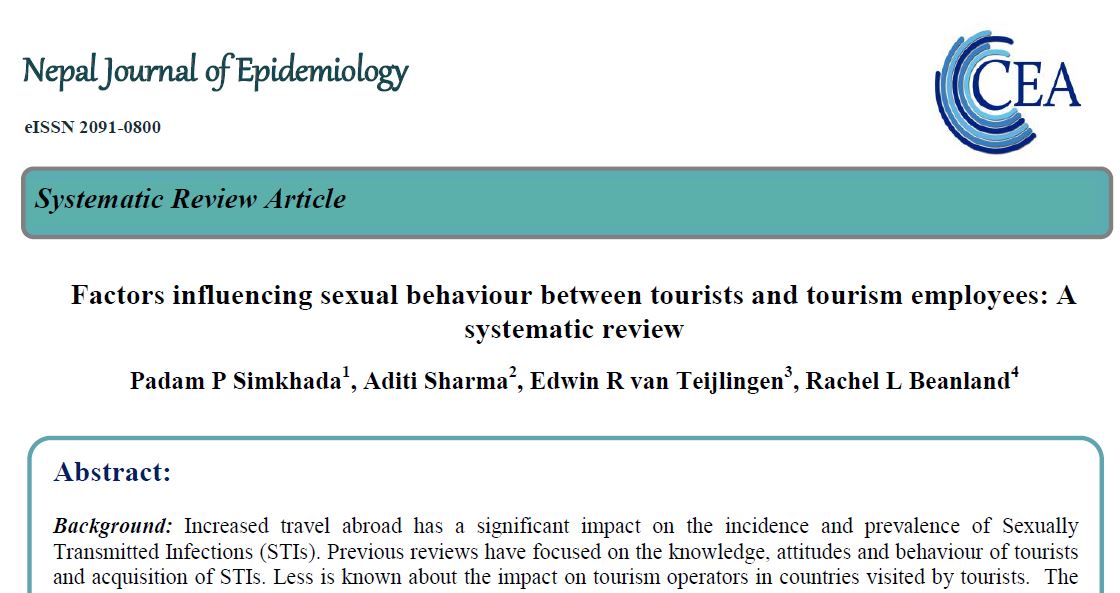
 As part of the RKEDF Impact Essentials programme, booking is now open for the Impact Essentials: creating your impact development plan 2-hour in-person workshops. There are 4 dates to choose from and they will be delivered on both Talbot and Lansdowne campuses, so hopefully there will be a date and time that is convenient for everyone who would like to attend.
As part of the RKEDF Impact Essentials programme, booking is now open for the Impact Essentials: creating your impact development plan 2-hour in-person workshops. There are 4 dates to choose from and they will be delivered on both Talbot and Lansdowne campuses, so hopefully there will be a date and time that is convenient for everyone who would like to attend.
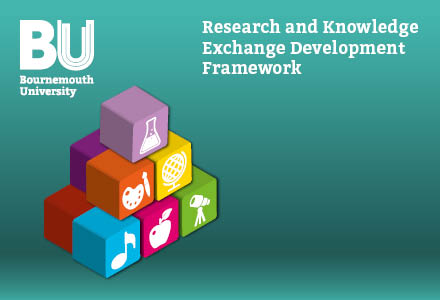 This session is aimed at all academics to provide an overview of the Research & Enterprise Database, including how to access the system, the information available to view, budget management via RED, and how to use RED to identify your supporting pre and post award officers.
This session is aimed at all academics to provide an overview of the Research & Enterprise Database, including how to access the system, the information available to view, budget management via RED, and how to use RED to identify your supporting pre and post award officers.










 Beyond Academia: Exploring Career Options for Early Career Researchers – Online Workshop
Beyond Academia: Exploring Career Options for Early Career Researchers – Online Workshop UKCGE Recognised Research Supervision Programme: Deadline Approaching
UKCGE Recognised Research Supervision Programme: Deadline Approaching SPROUT: From Sustainable Research to Sustainable Research Lives
SPROUT: From Sustainable Research to Sustainable Research Lives BRIAN upgrade and new look
BRIAN upgrade and new look Seeing the fruits of your labour in Bangladesh
Seeing the fruits of your labour in Bangladesh ECR Funding Open Call: Research Culture & Community Grant – Apply now
ECR Funding Open Call: Research Culture & Community Grant – Apply now ECR Funding Open Call: Research Culture & Community Grant – Application Deadline Friday 12 December
ECR Funding Open Call: Research Culture & Community Grant – Application Deadline Friday 12 December MSCA Postdoctoral Fellowships 2025 Call
MSCA Postdoctoral Fellowships 2025 Call ERC Advanced Grant 2025 Webinar
ERC Advanced Grant 2025 Webinar Update on UKRO services
Update on UKRO services European research project exploring use of ‘virtual twins’ to better manage metabolic associated fatty liver disease
European research project exploring use of ‘virtual twins’ to better manage metabolic associated fatty liver disease